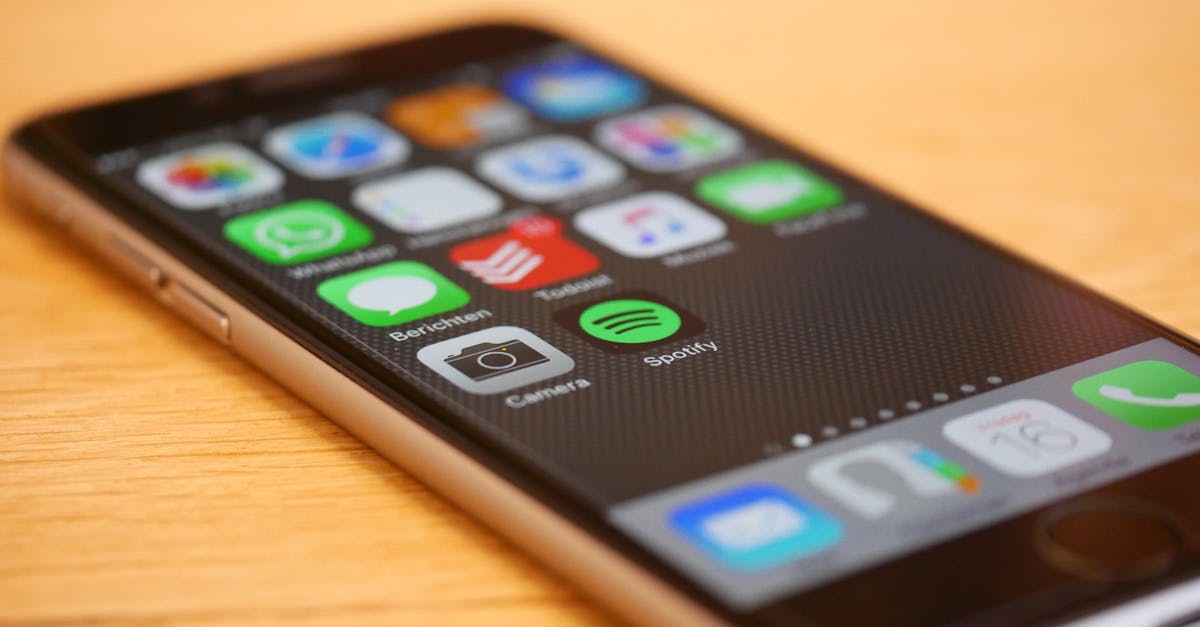Unlocking Mobile Innovations News Insights
Introduction
The world of mobile innovations is ever-evolving, continuously surprising us with groundbreaking advancements that redefine how we connect, communicate, and interact. In recent years, the pace of technological evolution has accelerated, propelling the mobile industry into an exciting new era. These innovations are not limited to just smartphones; they extend to wearables, apps, and emerging mobile platforms. An insatiable demand for faster, more efficient mobile solutions is driving this wave of change, impacting industries far beyond consumer technology. Moreover, mobile technology is becoming a crucial part of daily life for people worldwide. As we dive into these new landscapes, understanding the nuances of mobile innovations becomes imperative for tech enthusiasts and industry leaders alike.
Advertisement
The Rise of 5G Networks
One of the most significant developments in mobile technology is the rollout of 5G networks, promising unparalleled speed and connectivity. Unlike its predecessor, 4G, the 5G network brings a tenfold increase in data transfer rates, reducing latency and enabling the seamless functioning of smart devices. The enhanced connectivity fosters innovations in various sectors, including healthcare, where remote surgeries become more viable due to real-time data transmission. Additionally, 5G enhances the user experience for mobile gaming and streaming services, contributing to an immersive and uninterrupted service. Telecommunication companies continue to expand 5G infrastructures globally, setting the stage for new applications that depend on high-speed mobile networks. As 5G becomes more widespread, it paves the way for the Internet of Things (IoT) and other intelligent technologies.
Advertisement
Smartphone Advancements
Smartphones remain at the forefront of mobile innovation, with manufacturers pushing the boundaries of design and functionality. Recent trends include foldable screens, offering users the versatility of a tablet in a phone-sized device. Innovations in camera technology allow users to capture cinema-quality images and videos, enhancing content creation capabilities. Furthermore, artificial intelligence (AI) integration is becoming integral, with smartphones using AI to optimize battery life, enhance security, and improve user experiences through personalized apps. Companies also focus on sustainable production and eco-friendly materials, setting a new standard for responsible manufacturing. The cumulative effect of these advancements not only transforms user interactions but also raises expectations for future smartphone innovations.
Advertisement
The Emergence of Mobile Apps
Mobile applications have emerged as essential components of today's digital lifestyle, transforming smartphones into multi-functional tools. Developers continue to explore new possibilities, introducing apps that harness augmented reality (AR) and virtual reality (VR) to offer engaging experiences. Significant areas of progress include health and fitness apps that provide personalized guidance, encouraging a healthier lifestyle. Meanwhile, educational apps employ gamification to make learning more accessible and enjoyable, bridging the gap for underserved communities. The shift towards super-apps is another trend, where apps encompass multiple services to provide an integrated experience. From ordering food to booking travel, the potential for mobile apps appears limitless as they become central to everyday activities for users across the globe.
Advertisement
Wearable Technology Evolution
Wearable technology is redefining personal connectivity and health monitoring, with smartwatches and fitness trackers leading the charge. These devices offer insights into daily activities and metrics like heart rate, sleep patterns, and stress levels, empowering users to make informed health decisions. Cutting-edge features like electrocardiograms (ECG) and blood oxygen monitoring turn wearables into essential health tools. Beyond health, wearable innovations include integration with smart home devices, providing users with seamless control over their environment. The trend towards fashionable wearables is also evident, as designers collaborate with tech companies, merging style and technology. The convergence of fashion and functionality ensures wearables remain attractive and relevant, catering to a diverse audience.
Advertisement
Impact of IoT on Mobile Technology
The Internet of Things (IoT) significantly influences mobile technology, transforming how devices interact and communicate. IoT devices rely on mobile innovations to function efficiently, leveraging data connectivity and real-time processing to offer smarter solutions. In smart homes, IoT integration with mobile devices allows seamless control over appliances, enhancing convenience and energy management. In industries like agriculture and logistics, IoT mobile solutions improve operational efficiency and environmental monitoring. As IoT expands, security and data privacy become paramount, with new mobile protocols ensuring safe and encrypted communication. This interconnected landscape challenges developers to innovate further, expanding the capabilities of mobile technology to support a more connected world.
Advertisement
Mobile Payment Innovations
The shift towards cashless transactions continues to gain momentum, with mobile payment systems leading the charge. Digital wallets, contactless payments, and peer-to-peer payment apps offer unprecedented convenience and security, reducing reliance on physical cash. Near Field Communication (NFC) technology simplifies transactions, enhancing consumer confidence in mobile payments. Fintech companies innovate with app features like budgeting tools and automatic savings plans, promoting financial literacy and independence. Moreover, blockchain technology is beginning to play a role in mobile payments, promising enhanced security and transparency. As mobile payment platforms evolve, they are poised to revolutionize how consumers interact with financial services, making transactions swifter and more secure.
Advertisement
AI's Role in Mobile Innovations
Artificial Intelligence (AI) continues to reshape the mobile landscape, introducing efficiencies that transform user experiences. AI-powered virtual assistants, like Siri and Google Assistant, offer personalized suggestions and automate routine tasks, streamlining user interactions. Predictive text and photo enhancements leverage AI to create smoother, more intuitive processes. Machine learning algorithms enhance app functionality, analyzing user preferences to offer tailored content and recommendations. AI has also improved mobile security, with facial recognition and biometrics providing robust access control to devices. As AI continues to advance, its role in mobile innovations will expand, offering more sophisticated solutions to end-users in their everyday lives.
Advertisement
Challenges in Mobile Innovation
Despite remarkable progress, the mobile technology landscape faces challenges that could impact future growth. Security remains a pressing issue, with vulnerabilities in mobile devices calling for enhanced safeguarding measures. Data privacy concerns arise as apps collect increasingly sensitive user information, emphasizing the need for stringent regulations and user consent. The digital divide also persists, as not all communities globally have equal access to advanced mobile technologies. Sustainability and electronic waste management become more pressing as device lifespans shorten and electronic waste accumulates. Addressing these challenges requires concerted efforts from industry leaders, policymakers, and tech developers to ensure mobile innovations are both equitable and sustainable. Solutions lie in balancing technological advancement with security, accessibility, and environmental stewardship.
Advertisement
Conclusion
Mobile innovations continue to break boundaries, ushering in a new era of technology that promises to reshape every aspect of modern life. As 5G networks mature and smart devices become increasingly integrated, the potential for progress appears limitless. Wearables, IoT, and AI are at the forefront of these changes, offering users more connected, personalized, and seamless experiences. However, with great innovation comes great responsibility; ensuring data security, privacy, and sustainability remain vital as the industry matures. As we navigate the next phase of mobile innovations, staying informed and adaptable will be crucial for embracing the future with confidence.
Advertisement


